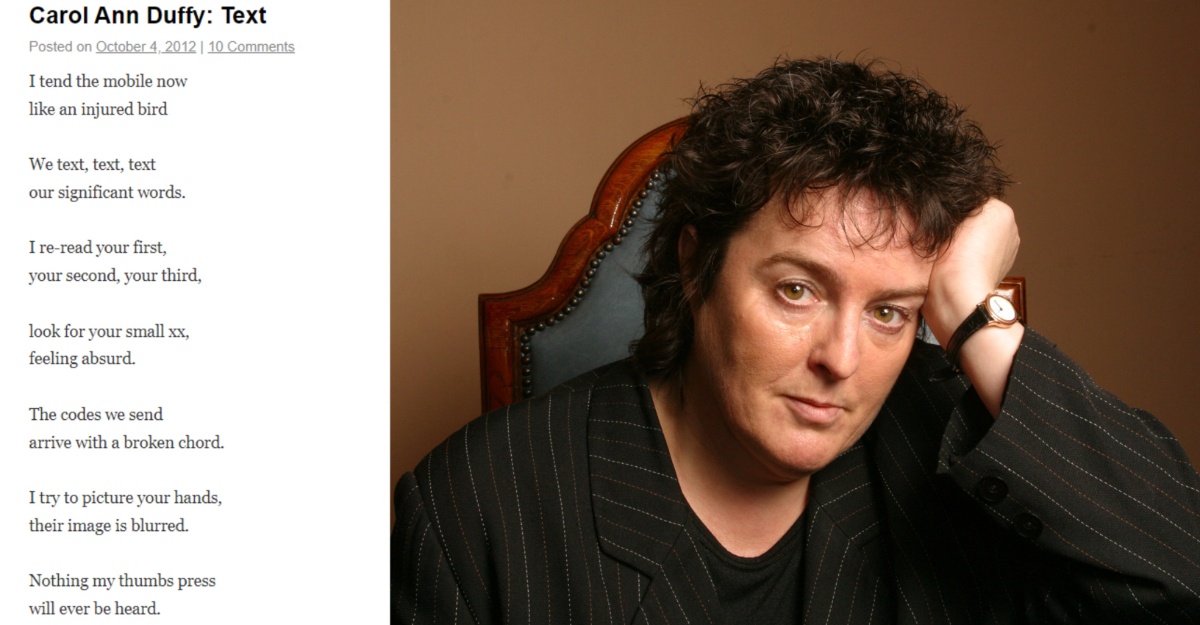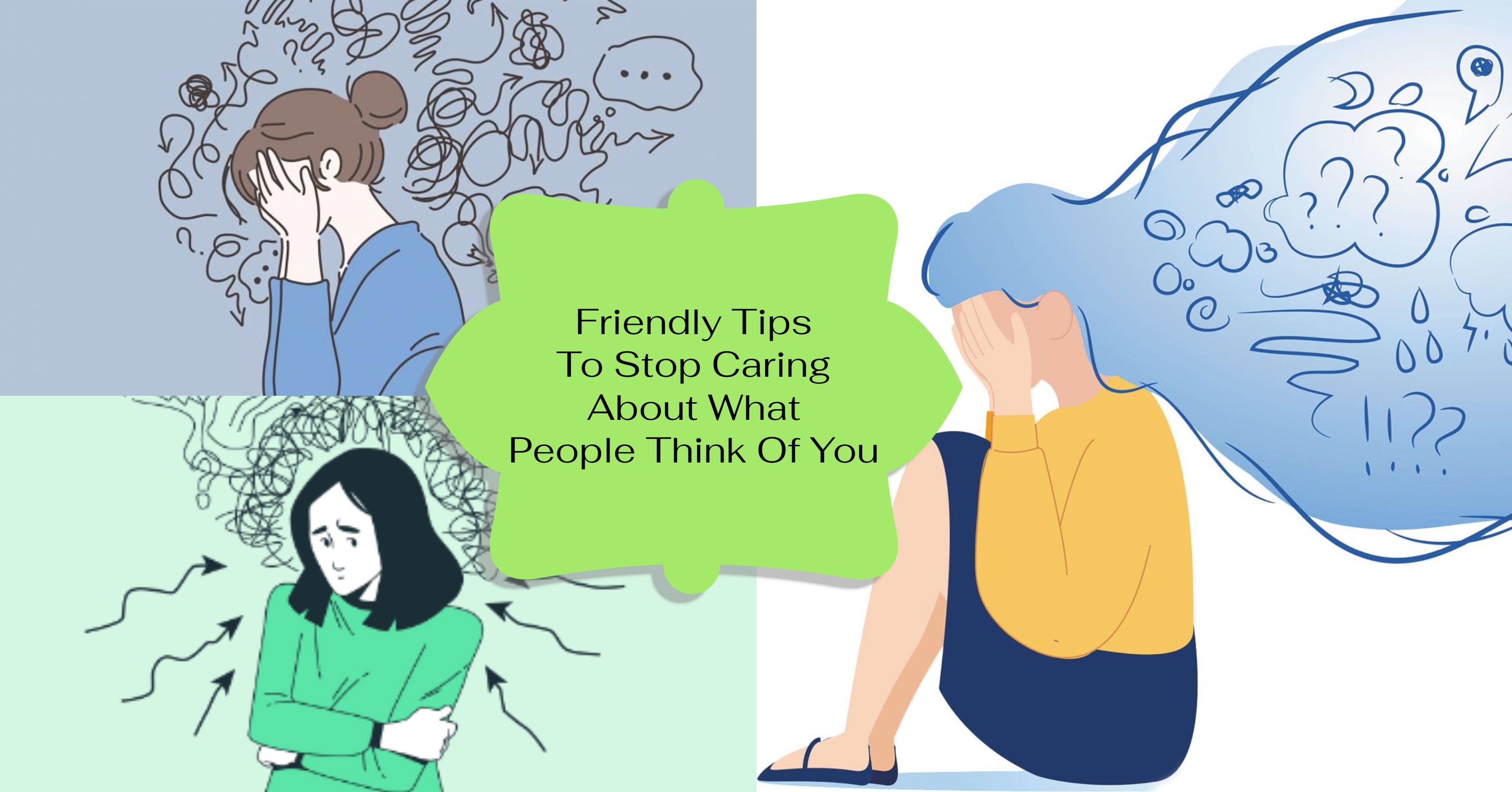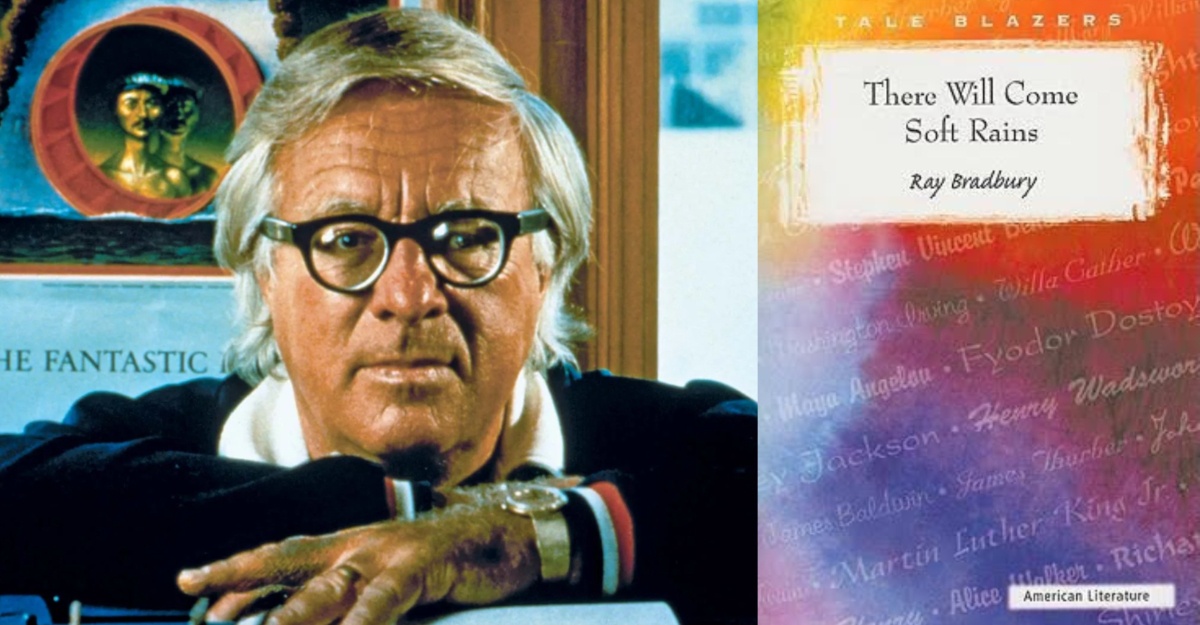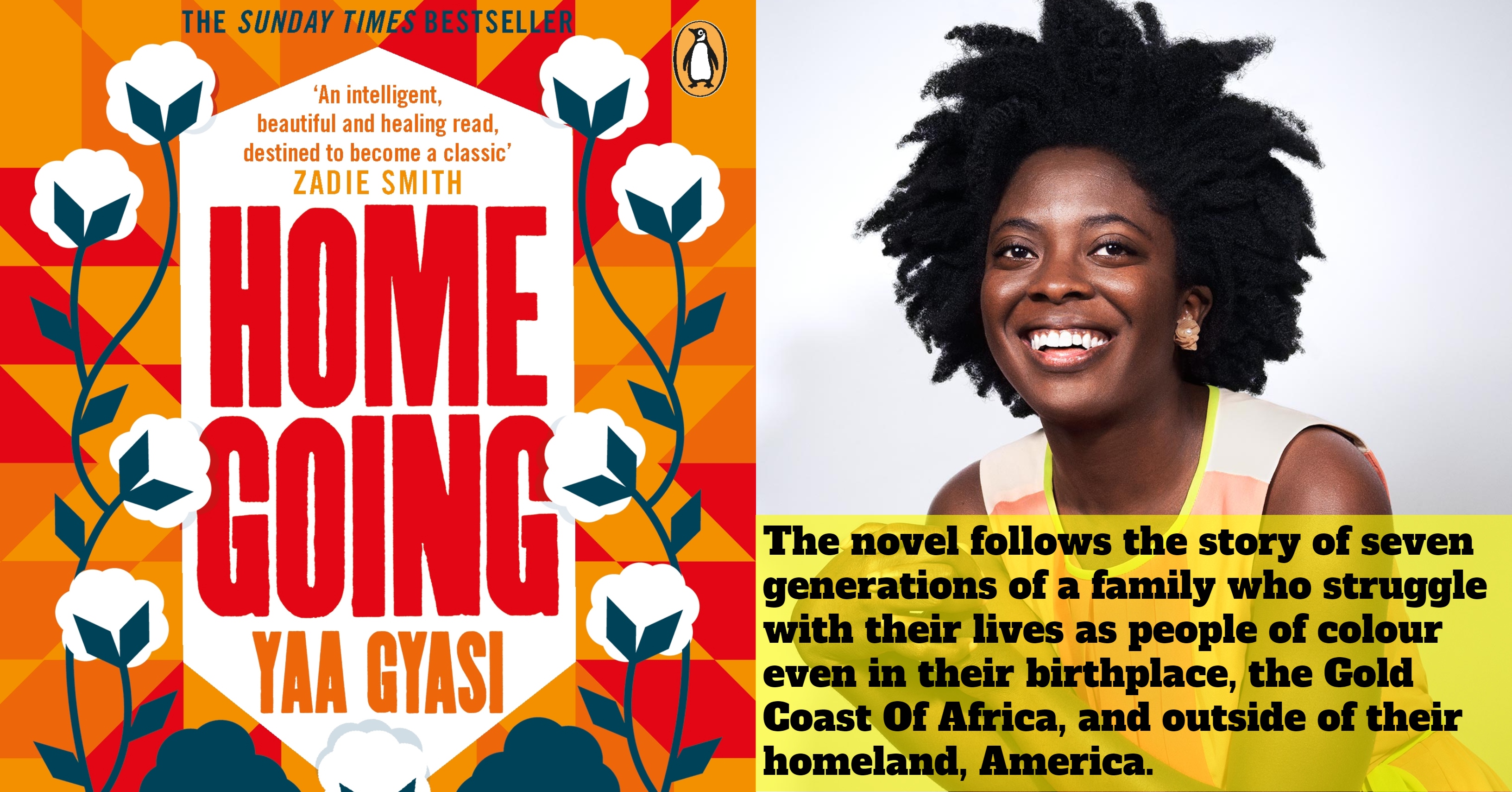Today, we are so accustomed to texting than calling. Many people prefer sending text messages to being on the phone with the other party. Possibly, this phenomenon occurs as people develop social anxiety, where they’re afraid of communicating directly with others. They fear being judged and dislike small talk.
In Carol Ann Duffy‘s poem “Text” (2012), she expresses the anxiety of texting and waiting for a reply from the person she loves.
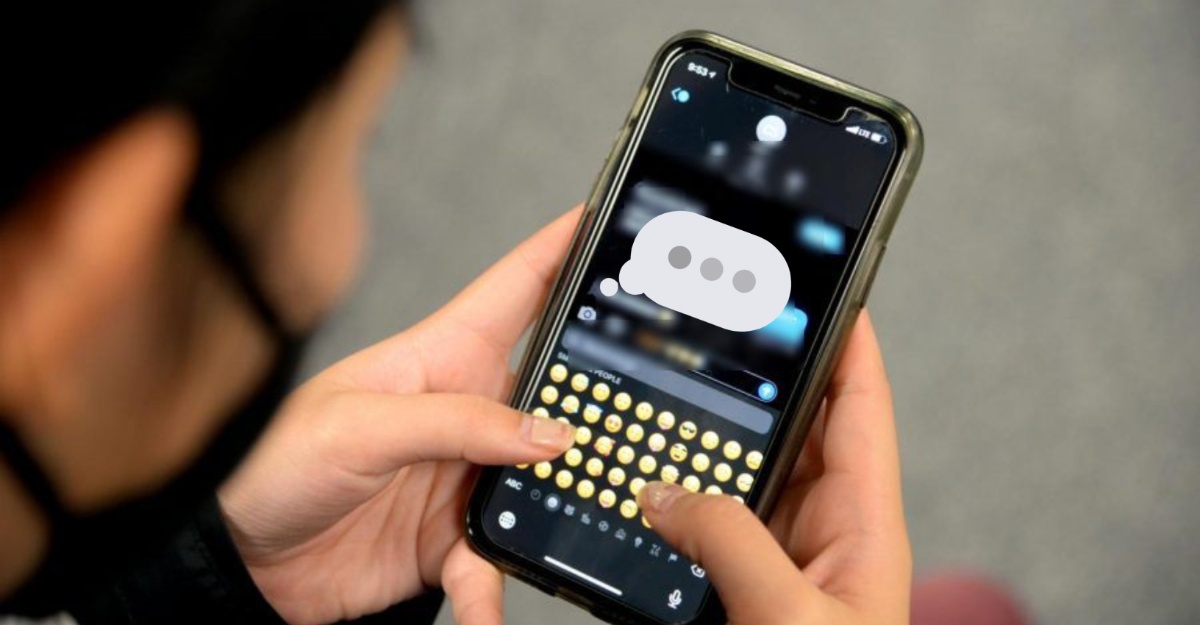
‘Fear of physically interacting’ is the 21st-century struggle many faces
It’s a common selection from many Millenials. They prefer texting over calling and social media interaction over face-to-face meetings.
Why?
Texting doesn’t require you to dress up, thus lessening the anxiety of being judged if your make-up is smudged or your shoes don’t suit your clothes. Talking through social media enables you to hide behind another persona. It’s easier to protect a part of you from the world.
Smartphones are our lifeline
In Duffy’s poem, she expresses, “I tend the mobile now / like an injured bird” (1-2), that we take care of our smartphones like it’s our lifeline, the most precious thing of all.
Our life evolves around technology. These days, we can’t live without knowing the advancements of many new systems and appliances. This encapsulates the constant weariness we feel if our phone runs out of battery. Once we lose the internet connection, our life disappears right away.
We now live in fragments
Not only that, “The codes we send / arrive with a broken chord” (Duffy 10-1) illustrates our text messages appear like fragments on the screen. This makes our true intention also be seen as parts.
Texting conveys words and not feelings
“Nothing my thumbs press / will ever be heard” (Duffy 13-4) affirms texting conveys only words and not feelings. When the other party receives our text, they might interpret our words differently. Hence, the connotation differs and might spark a conflict.
For example, if your text has no emojis, people might assume you’re forced to reply. Or, if you use too many exclamation marks or excessive ‘haha’, they will think you’re angry or awkward with them.
Although technology has many advantages, sometimes it can be inconvenient too. However, don’t let others misinterpret your words. Text them with feelings and let them know your intention. Don’t let yourself live in fragments for long.
Sources: An Open Book, text-em-all

